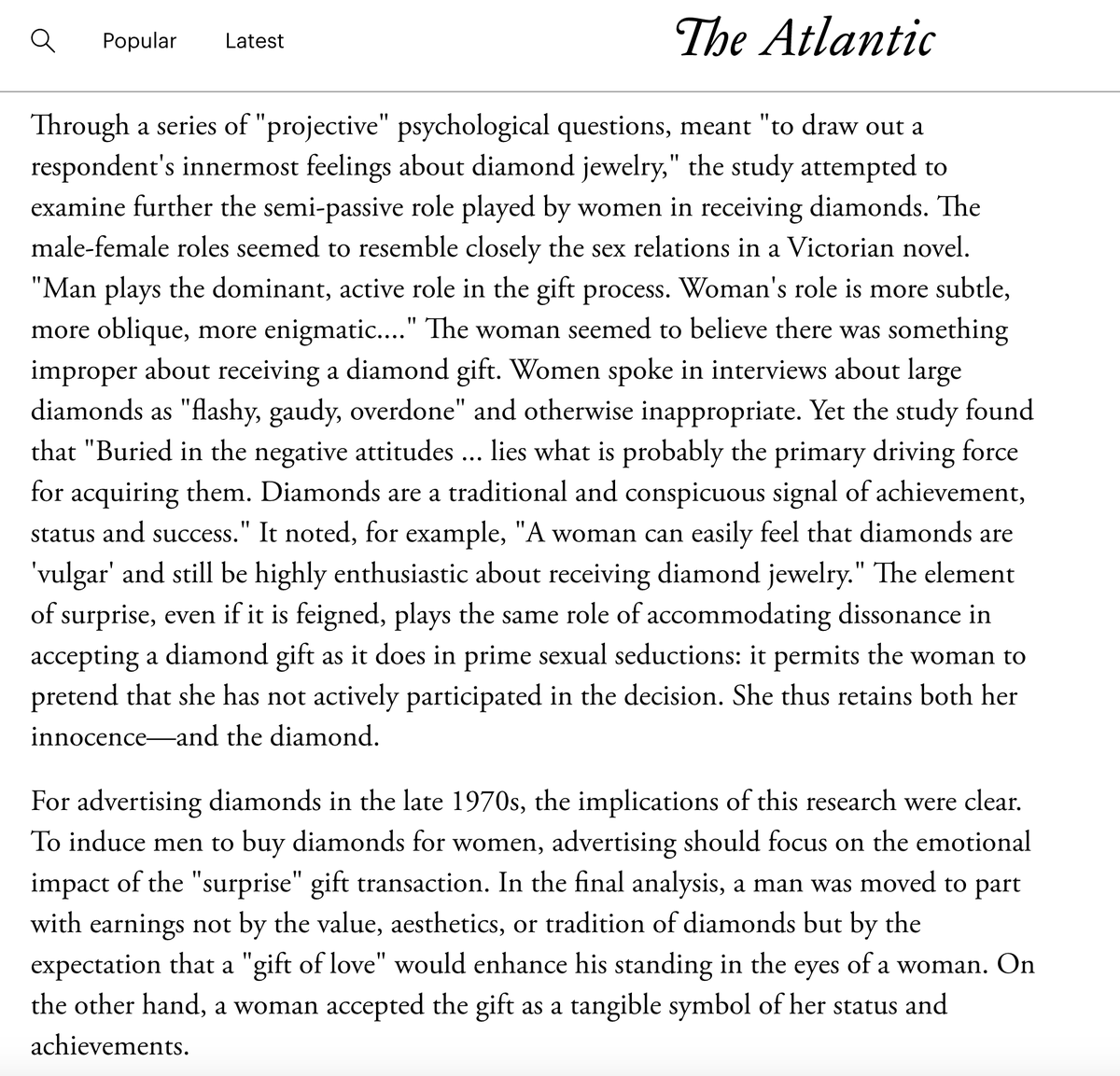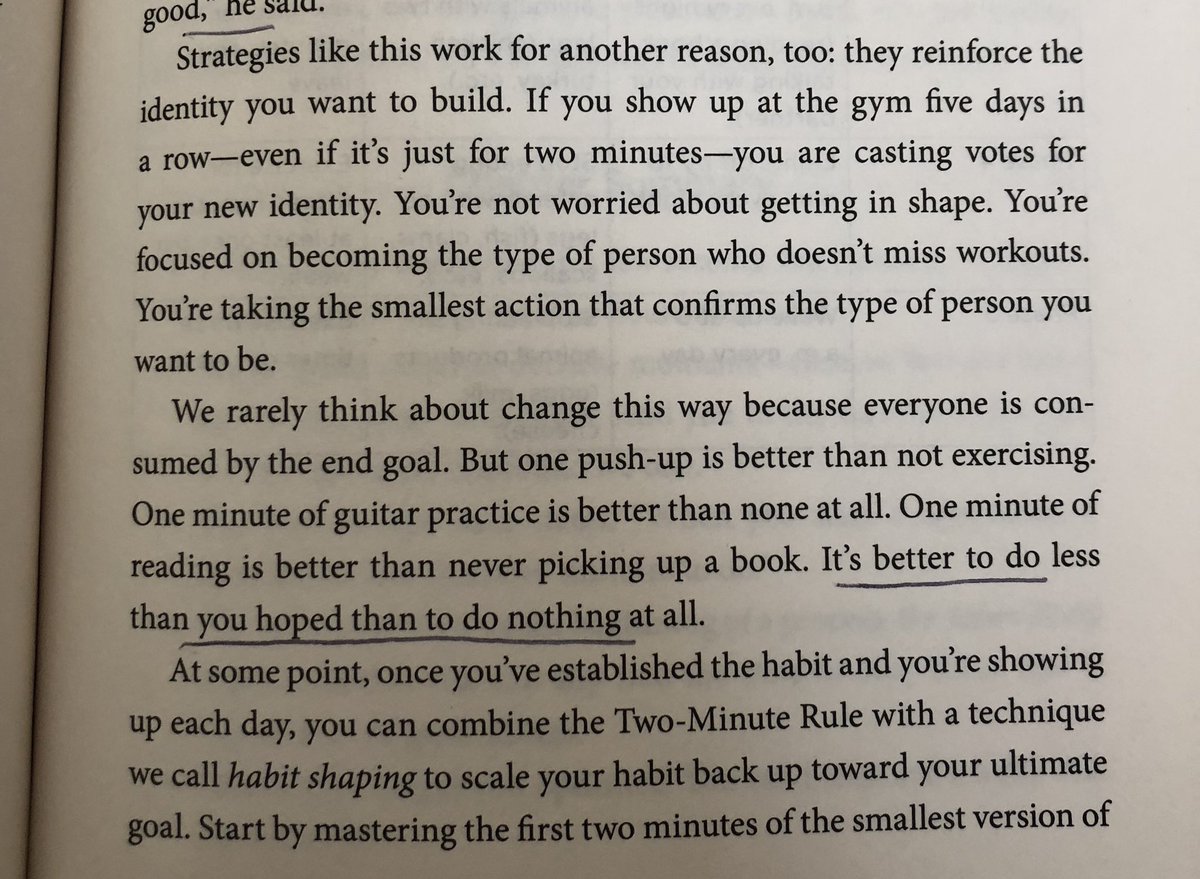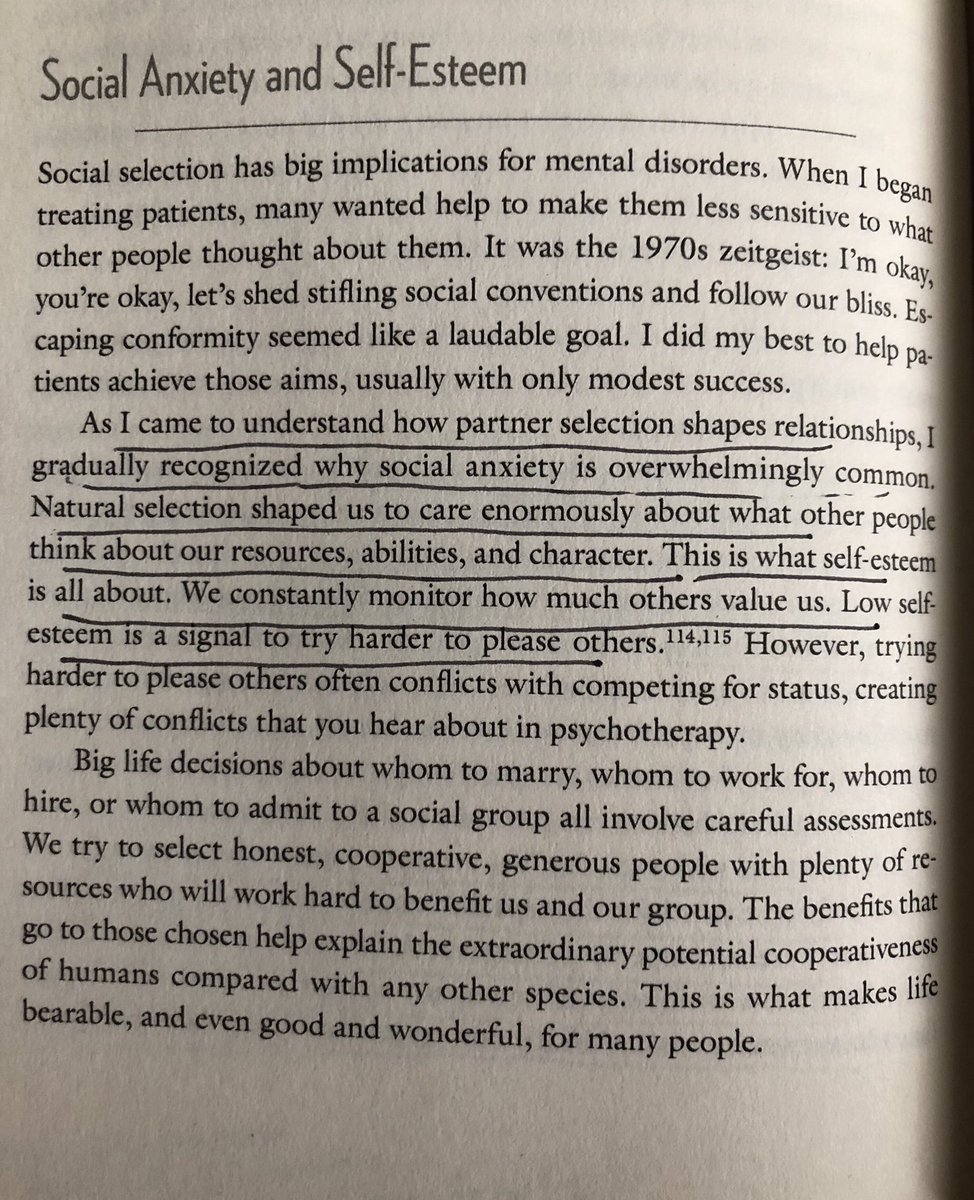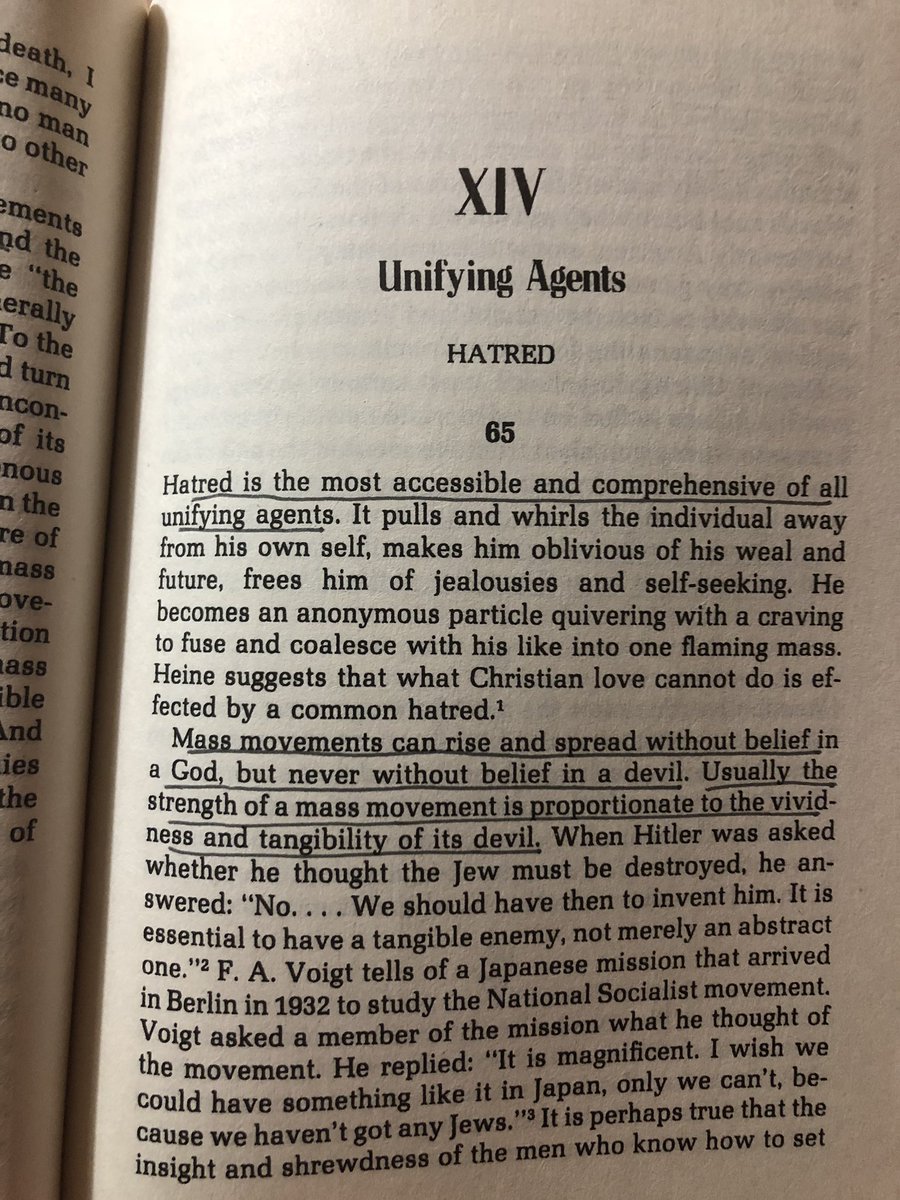
In dictatorships, extravagant flattery for the leader is a costly demonstration of loyalty
But flattery creates problems for the leader. If everyone is praises you, how do you know who is truly on your side?
Hard to tell cheap talk from true devotion /1
journals.uchicago.edu/doi/abs/10.101…
But flattery creates problems for the leader. If everyone is praises you, how do you know who is truly on your side?
Hard to tell cheap talk from true devotion /1
journals.uchicago.edu/doi/abs/10.101…

This has been called the “dictator’s dilemma.” It’s hard for a dictator to know who supports him if everyone says they love him
The dictator wants costly, reliable indicators of your support /2
The dictator wants costly, reliable indicators of your support /2
You can’t just say he’s a good dude. You have to say he’s extraordinary. He can climb the walls like Spider-Man. He can disappear and reappear in another location
Signaling spirals emerge. People build monuments and gigantic images dedicated to the dictator in public squares /3
Signaling spirals emerge. People build monuments and gigantic images dedicated to the dictator in public squares /3
These loyalty exhibitions act as a filtering mechanism
One example of filtering is denouncing those who do not express enough praise for the increasingly bizarre performances /4
One example of filtering is denouncing those who do not express enough praise for the increasingly bizarre performances /4
Because people do not typically enjoy denying reality or denouncing others—especially colleagues, friends, or family—such actions demonstrate costly support for the dictator.
It also prevents dissenters from coordinating /5
It also prevents dissenters from coordinating /5
Even if you hate the dictator, you’ll be prevented from plotting against him. This is because you don’t know how other people actually feel.
Preference falsification arises—publicly saying one thing while believing another.
Preference falsification arises—publicly saying one thing while believing another.

Everyone is publicly expressing praise to the leader. Nobody knows who is lying and who is a true believer. And you certainly don’t want to risk divulging your true beliefs
What if no one else feels the same way?
What if no one else feels the same way?
In his paper, Professor Shih observes that praising the leader at all times prevents people from knowing what others are really thinking.
Cults of personality are tools to bolster power (gauging loyalty) and squash dissent (preventing coordination)
Cults of personality are tools to bolster power (gauging loyalty) and squash dissent (preventing coordination)
Dissidents feel isolated and alone
There is a fascinating story in Barbara Demick’s book "Nothing to Envy: Ordinary Lives in North Korea."
The death of Kim Il-Sung (grandfather of Kim Jong-Un) is announced. A student finds that he can’t bring himself to tears
There is a fascinating story in Barbara Demick’s book "Nothing to Envy: Ordinary Lives in North Korea."
The death of Kim Il-Sung (grandfather of Kim Jong-Un) is announced. A student finds that he can’t bring himself to tears
But he’s surrounded by classmates who are sobbing. The student realizes “his entire future depended on his ability to cry...his very survival was at stake. It was a matter of life and death.”
In desperation, he forces himself to cry.
In desperation, he forces himself to cry.
The dictator died, and people still felt the need to participate in theatricalities. The cult of personality continues to operate because people police one another.
Others can be counted on to identify who is not conveying signals of support, and report this to the authorities
Others can be counted on to identify who is not conveying signals of support, and report this to the authorities
Another example comes from Shakespeare’s King Lear (spoiler alert for a 400-hundred-year-old story).
At the start of the play, Lear calls on his 3 daughters to tell him how much they love him
At the start of the play, Lear calls on his 3 daughters to tell him how much they love him
King Lear wants to know who loves him the most. His two eldest daughters heap on the praise, saying they love him more than words can express, etc.
His youngest, Cordelia, is more restrained: “I love your majesty / According to my bond; nor more nor less.”
His youngest, Cordelia, is more restrained: “I love your majesty / According to my bond; nor more nor less.”

King Lear gets angry at Cordelia and leaves his kingdom to his eldest daughters.
The interpretation under Shih’s framework is that the older daughters debased themselves with their extravagant flattery, which Lear perceived as costly signals of their love
The interpretation under Shih’s framework is that the older daughters debased themselves with their extravagant flattery, which Lear perceived as costly signals of their love
Shih also says that groups want to preserve the signaling value of flattery. To do this, they establish norms against sucking up or bootlicking
Excessively praising a leader is a costly indicator of your loyalty because you are violating a norm and causing others to despise you
Excessively praising a leader is a costly indicator of your loyalty because you are violating a norm and causing others to despise you
That is, only those who would violate the norm are loyal. Furthermore, it is costly because others don’t like sycophants. You are incurring reputation damage.
You are “paying” the cost of social esteem among others in exchange for the leader’s validation
You are “paying” the cost of social esteem among others in exchange for the leader’s validation
Does free speech work in the same way as flattery? It seems possible that some people value free speech in order to strengthen the signaling power of opposing it in certain instances
In other words, people might prize free speech so that if (when?) they make exceptions, those exceptions demonstrate just how loyal they are to the group the prohibition is intended to protect or elevate
"Free speech is important. We should be able to say anything we want. As long as we don't say anything bad about my favored group, that is"
Everyone, not just dictators, can use this method
But instead of ostentatious flattery, they might instead want to extract certain statements or articles of faith that indicate loyalty
But instead of ostentatious flattery, they might instead want to extract certain statements or articles of faith that indicate loyalty
Statements can’t be factual—anyone, including the non-loyal, can say something that reflects reality. Not useful
The statements must be a bit silly. Only those who are loyal would say them. It helps if they aren’t obviously untrue. Outright lies would startle potential newcomers
The statements must be a bit silly. Only those who are loyal would say them. It helps if they aren’t obviously untrue. Outright lies would startle potential newcomers
These statements should take into account the idea of “minimal counter-intuitiveness."
The idea is that supernatural beliefs have the best chance of flourishing when they are weird, but not too weird
The idea is that supernatural beliefs have the best chance of flourishing when they are weird, but not too weird
Anyway, as the articles of faith become more widespread, they might increase in intensity and ostentatiousness.
Denouncers, sensing an opportunity, might target dissenters. A credible signal of loyalty
Denouncers, sensing an opportunity, might target dissenters. A credible signal of loyalty
• • •
Missing some Tweet in this thread? You can try to
force a refresh















